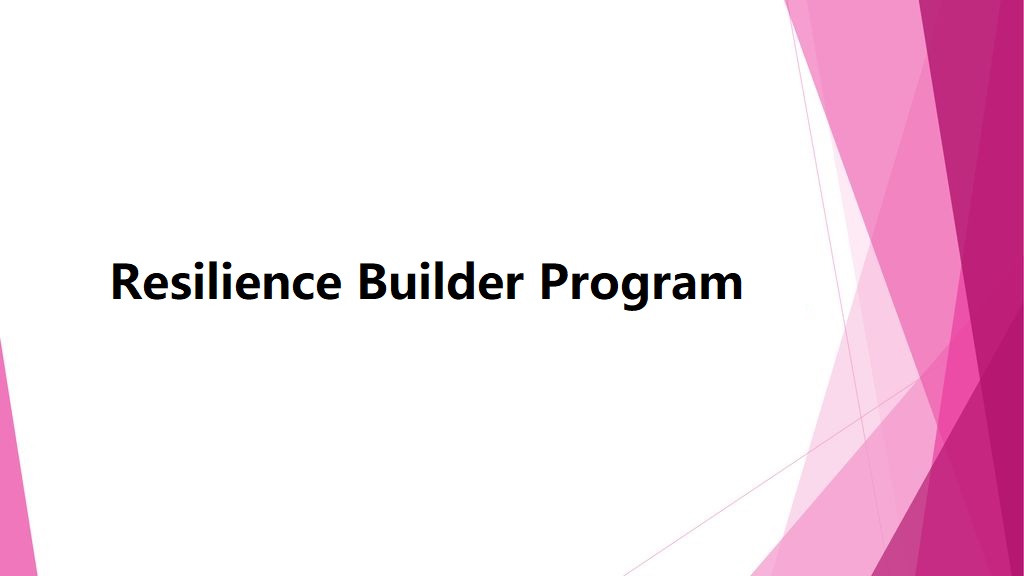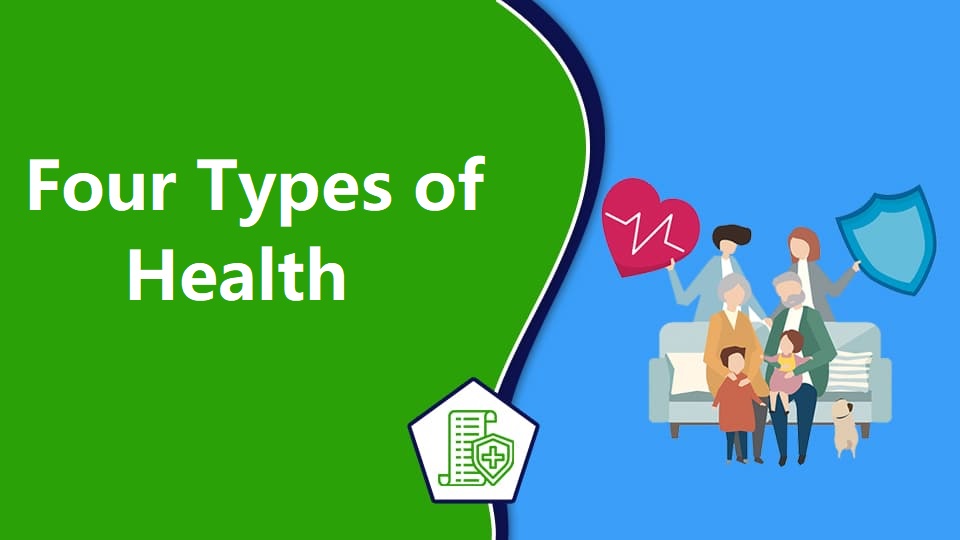Resilience Builder Program | Develop Resilience Skills 2025

Life throws curveballs at everyone. Whether it is stress at work, personal setbacks, or unexpected challenges, the ability to bounce back matters more than the challenges themselves. That ability is called resilience, and it can be learned and strengthened like a muscle. The Resilience Builder Program is designed to help individuals and groups develop practical resilience skills that improve mental strength, emotional balance, and overall well-being. In this article, we will explore what resilience means, why it matters, and how a structured program can help anyone grow stronger, more confident, and better prepared for life’s ups and downs.
Disclaimer: This article is for informational purposes only. It is not a substitute for professional medical, psychological, or therapeutic advice. If you are dealing with significant stress, anxiety, or emotional challenges, consider speaking with a licensed professional.
Resilience Builder Program
The Resilience Builder Program is an evidence-based curriculum designed to help people develop skills to handle adversity and thrive. Developed by leading psychologists, it provides practical strategies through eight interactive modules.
Participants learn core concepts related to resilience, along with tips and tools to integrate those concepts into daily life. Skills are developed through stories, examples, experiential activities, self-reflection prompts, and group discussions.
Some of the key topics covered in the 8 modules include:
Module 1: Understanding Resilience
- What is resilience?
- Why resilience matters
- Characteristics of Resilient People
- Factors that contribute to resilience
- Assessing current resilience levels
Module 2: Fostering Connections
- Importance of relationships
- Building strong support systems
- Improving communication skills
- Conflict resolution strategies
Module 3: Promoting Wellbeing
- Managing overwhelming emotions
- Self-care basics
- Establishing healthy routines
- Reducing stress through mindfulness
Module 4: Boosting Optimism
- Cultivating a positive mindset
- Managing unhelpful self-talk
- Using strengths to your advantage
- Goal-setting and motivation strategies
Module 5: Solving Problems Effectively
- Improving critical thinking
- Weighing choices analytically
- Creative problem solving
- Decision-making under pressure
Module 6: Taking Initiative
- Strategies to take decisive action
- Managing change and uncertainty
- Being proactive and solution-focused
- Having courage and determination
Module 7: Practicing Self-Compassion
- Understanding barriers to self-compassion
- Cultivating self-forgiveness
- Silencing your inner critic
- Accepting compliments and positive feedback
Module 8: Continuing Your Resilience Journey
- Reflecting on progress
- Troubleshooting setbacks
- Maintaining motivation
- Setting goals for ongoing growth
The curriculum utilizes adult learning principles to promote real behavior change and resilience skill development. Participants complete reflection assignments between sessions to reinforce learning.
Read More: Does IEHP Cover Weight Loss Surgery
The Research Behind the Resilience Builder Program
The Resilience Builder Program was developed based on decades of research into factors that allow people to thrive despite adversity. Studies have shown that resilience skills can be strengthened through interventions that target specific protective factors.
- Some of the key scientific findings that inform the program include:
- Resilience develops over time through life experiences
- Having caring relationships and role models builds resilience
- Developing problem-solving skills promotes resilience
- A positive, optimistic outlook is linked to resilience
- Self-efficacy and strong self-esteem help people bounce back
- Self-care and stress management aid resilience
- Spirituality and meaning can provide comfort during trials
The Resilience Builder Program packages these evidence-based protective factors into an accessible curriculum that has demonstrated effectiveness at improving resilience. Studies found participants to have significant increases in resilience skills, self-efficacy, positive emotions, and the ability to handle stress after completing the program.
Who Can Benefit from the Resilience Builder Program?
Since adversity and stress are unavoidable parts of life, most people stand to benefit from nurturing their resilience. The Resilience Builder Program is appropriate for teens and adults from all walks of life looking to enhance their ability to tackle challenges.
Some examples of specific audiences who could benefit include:
- Employees – to prevent burnout and improve engagement
- Healthcare workers – to manage traumatic experiences.
- Emergency first responders – to handle repeated exposure to trauma
- Students/teens – to cope with academic stress
- Parents – to handle the demands of parenting
- Caregivers – to prevent fatigue and resentment
- Entrepreneurs – to deal with business uncertainties.
- Cancer patients/survivors – to adjust to diagnosis
- Grief support groups – to process traumatic losses.
- Veterans/military families – to tackle deployment stress
The curriculum can be easily tailored to address resilience factors relevant to a particular audience’s common stressors. Past program participants have spanned diverse ages and backgrounds but share the common goal of wanting to be better equipped to handle life’s curveballs.
Formats of the Resilience Builder Program
The Resilience Builder Program is designed to be offered through various formats to meet an organization’s or audience’s needs:
1. In-Person Workshops
The curriculum can be offered as eight 3-4 hour in-person workshops, typically spaced 1-2 weeks apart. This format allows for rich discussions and activities.
2. Live Virtual Sessions
With participants attending through video conference technology, this format provides remote access while still enabling group interactions in real time.
3. Self-Guided Online Course
A self-paced online course allows learners to access materials at their own pace. Less opportunity for live interactions, but still impactful.
4. Hybrid Format
Some combination of live workshops and online content can help maximize convenience and group discussions.
The Resilience Builder Program is versatile enough to be delivered through workshops, webinars, e-learning courses, or coaching. The curriculum and activities can be adapted for one-on-one coaching or integration into workplace training programs. Audiences typically range from 15-30 participants to enable collaborative learning.
Outcomes from Completing the Resilience Builder Program
Participants complete validated assessments before and after the program to measure growth across various resilience-related outcomes. Statistical analyses consistently show significant increases in the following measures after completing the curriculum:
- Resilience levels
- Management of unpleasant emotions
- Problem-solving abilities
- Self-efficacy
- Optimism
- Social support
- Use of resilient thinking habits
- Stress tolerance
- Coping flexibility
Additionally, participants complete reflection journals during the program, which reveal powerful self-reported impacts such as:
- Implementing self-care routines results in less stress
- Setting boundaries with toxic friends/family leads to more peace
- Utilizing positive self-talk to overcome negative thoughts
- Reframing failures as learning opportunities to grow
- Prioritizing meaningful goals aligned with personal values
- Having courageous conversations to resolve conflicts
For many, the most profound outcome is fundamentally changing the way they process and respond to adversity. By actively building resilience skills through the program, participants gain new tools and mindsets that improve how they navigate all of life’s twists and turns.
The program equips people to face stress and challenges with more calm, compassion, courage, and tenacity. Completion of the Resilience Builder Program leads to living life more fully and boldly regardless of external circumstances.
Unique FAQs About the Resilience Builder Program
Q1: How long does it take to build resilience?
It depends on consistency. Some people notice changes within weeks, while deeper habits can take months to form.
Q2: Can children and teenagers join the Resilience Builder Program?
Yes, many programs are tailored for young people and help them handle academic and social pressures.
Q3: Is resilience training useful in the workplace?
Absolutely. Many companies use resilience training to reduce burnout, improve teamwork, and increase productivity.
Q4: Do I need a therapist to join a resilience program?
Not necessarily. Some programs are self-guided or group-based. However, if you are dealing with serious mental health issues, professional guidance is recommended.
Q5: Can resilience training help with anxiety and depression?
It is not a cure, but it can provide tools to manage symptoms and build coping skills. Always consult a professional for treatment options.
Q6: Is resilience the same as endurance?
Not quite. Endurance is about pushing through, while resilience is about adapting and bouncing back with strength.
Q7: What makes the Resilience Builder Program different from self-help books?
The program is structured, practical, and interactive. It offers guided practice rather than just theory.
Conclusion
Resilience is not about avoiding life’s challenges but learning how to face them with confidence, strength, and adaptability. The Resilience Builder Program provides the tools, strategies, and support needed to develop those skills. Whether you are a student, a professional, a parent, or simply someone looking to improve your well-being, resilience training can make a lasting difference.
Remember, resilience is like a muscle. The more you practice, the stronger it becomes. With the right guidance and effort, you can turn life’s obstacles into stepping stones and come out stronger on the other side.



